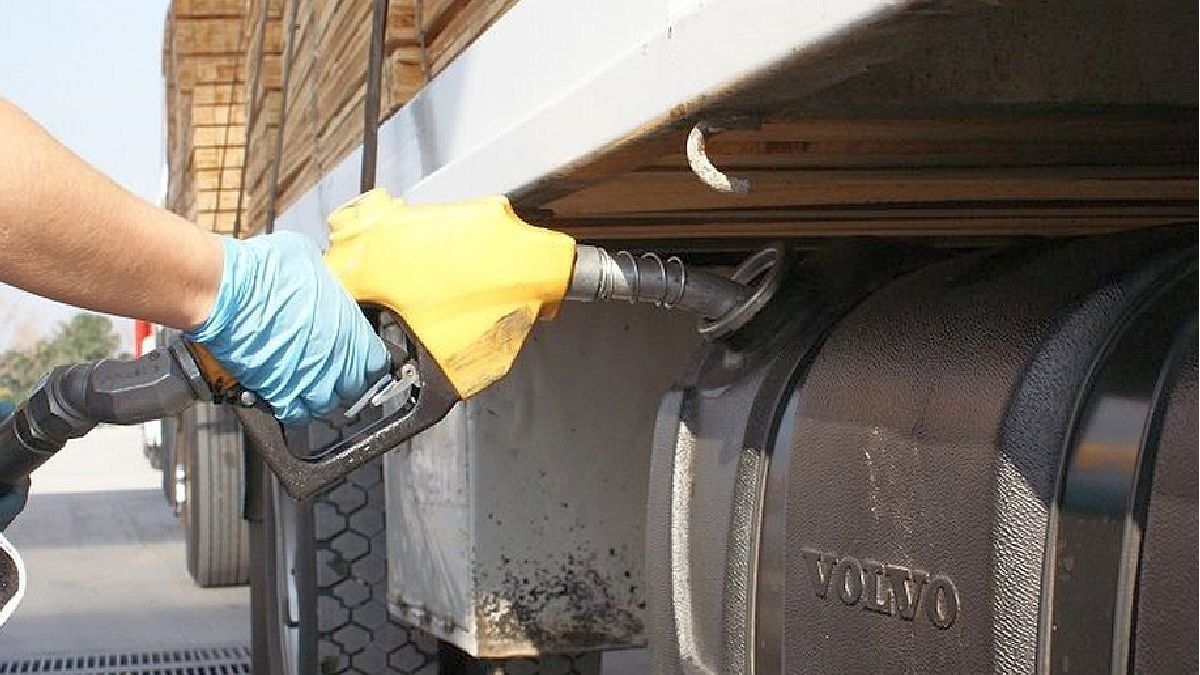This year, both the demand for diesel and its production and local supply reached historical levels.
On the supply side, During March-May 2022, the industry shipped 3.9 million m3 of diesel, which represents a record volume vs. pre-pandemic: 12% more than in 2019 (3.4 million m3).
Historically, Argentina requires diesel imports to cover part of the demand. In this sense, the refining companies increased the necessary imports compared to pre-pandemic levels, making their maximum efforts to guarantee supply.
Faced with an unusual demand – aggravated by the current world energy situation – the supply in some areas of the country was affected due to imbalances in prices, for which the industry and the national government have been making their greatest efforts to moderate the effects on the local market.
In this sense, the refining sector accompanies the measures adopted by the national government with the aim of providing a solution to this situation, as is the temporary increase in the obligatory cut of biodiesel in diesel. Faced with this scenario, each company, in accordance with its commercial policy and based on its logistical particularities, will adopt the measures it deems most convenient to alleviate imbalances in demand.
Likewise, the industry supports the decision of the national government to deduct the fiscal burden of the tax on liquid fuels on imported diesel, thus allowing to alleviate the pressure on import costs.
Refining companies increased the run of crude to increase the supply of diesel in the domestic market, reaching the refineries 100% processing capacity.
The sector will continue to articulate the necessary actions to guarantee the supply of fuel,” the statement concludes.
According to the provisions of the decree, companies that have the quality of domestic suppliers of grade two or grade three gas oil with respect to their production capacity of that fuel, with full use of their installed refining capacity, may join the Regime.
Also, the “Small Refineries of Affected Regions” (according to the official text) located in “regions with insufficiencies of internal gas oil supply higher than the national average for reasons related to their geographical position” may join.
Likewise, the subjects adhering to the Regime may request an amount equivalent to the amount they must pay as Taxes on Liquid Fuels and Carbon Dioxide for diesel imports.
The Executive Branch justified this decree by pointing out that “the complex global energy situation has generated a growing escalation in international prices, affecting the affordability of energy resources, especially in developing countries.”
In that sense, he indicated that one of the problems facing the Argentine hydrocarbon industry “is the structural insufficiency of the local refining capacity to fully supply a growing demand, both industrial and from the automotive fleet.”
Source: Ambito
David William is a talented author who has made a name for himself in the world of writing. He is a professional author who writes on a wide range of topics, from general interest to opinion news. David is currently working as a writer at 24 hours worlds where he brings his unique perspective and in-depth research to his articles, making them both informative and engaging.




